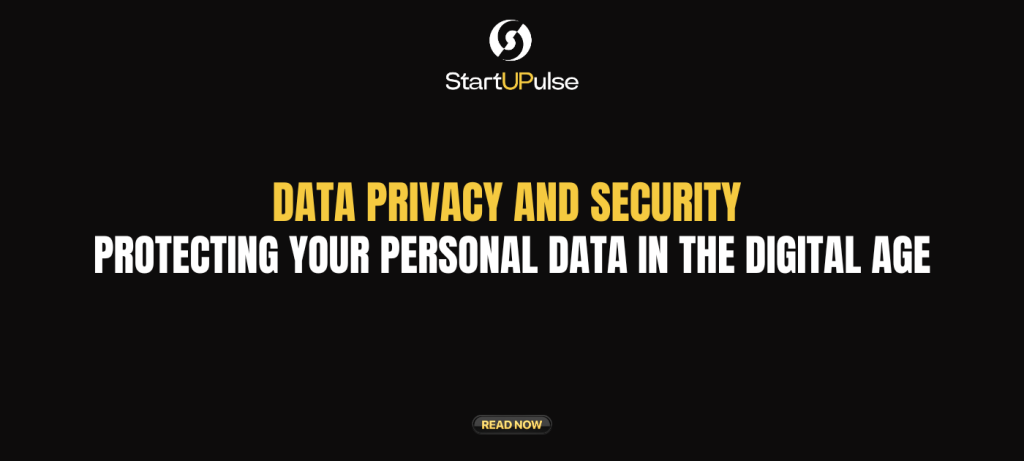
Introduction
In today’s interconnected world, our personal data is constantly being collected, stored, and shared online. While technology offers numerous conveniences, it also exposes us to significant privacy risks. From data breaches to identity theft, the potential consequences of compromised personal information can be severe. This blog post will delve into the importance of data privacy, common threats, and practical tips to safeguard your digital identity.
Understanding Data Privacy
Data privacy refers to the right to control how personal information is collected, used, and disclosed. It encompasses various aspects, including the protection of sensitive information such as:
- Personal Identifiers: Names, addresses, phone numbers, and social security numbers
- Financial Information: Credit card numbers, bank account details, and investment information
- Health Information: Medical records, genetic data, and insurance information
Why is data privacy crucial?
- Identity Theft: Malicious actors can use stolen personal information to assume someone’s identity, leading to financial loss and reputational damage.
- Financial Loss: Unauthorized access to financial information can result in fraudulent transactions and significant financial harm.
- Emotional Distress: Data breaches can cause anxiety, stress, and a sense of violation, particularly when sensitive personal information is exposed.
- Legal Issues: Compromised personal data can lead to legal complications and identity-related problems.
Common Data Privacy Threats
Several threats jeopardize our data privacy:
- Cyberattacks:
- Hacking: Unauthorized access to computer systems and networks.
- Malware: Malicious software designed to harm computer systems and steal data.
- Phishing: Deceptive tactics used to trick individuals into revealing personal information.
- Data Breaches: Accidental or intentional exposure of sensitive data.
- Social Engineering: Manipulative techniques used to exploit human psychology and gain access to confidential information.
Practical Tips to Protect Your Data
To safeguard your personal data, consider these practical tips:
- Strong Passwords: Create strong, unique passwords for each online account.
- Enable Two-Factor Authentication (2FA): Add an extra layer of security by using 2FA.
- Be Cautious Online: Avoid sharing personal information on social media and be wary of suspicious emails and links.
- Use Secure Wi-Fi Networks: Avoid public Wi-Fi for sensitive activities and use a VPN for added protection.
- Keep Software Updated: Install security patches promptly to address vulnerabilities.
- Regularly Backup Your Data: Protect against data loss due to hardware failure or cyberattacks.
- Be Mindful of Data Sharing: Review privacy settings on social media and other online platforms.
- Use Privacy-Focused Browsers and Search Engines: Consider browsers like Brave or Firefox with strong privacy features.
- Stay Informed: Keep up-to-date on the latest cybersecurity trends and threats.
Conclusion
Protecting your personal data is an ongoing responsibility in the digital age. By understanding the risks, implementing strong security measures, and staying informed, you can significantly reduce the likelihood of falling victim to data breaches and cyberattacks. Embrace these tips to safeguard your digital identity and enjoy the benefits of technology without compromising your privacy.
Ready to take the next step in your data privacy journey? Startupulse can connect you with a community of experts and fellow learners to help you navigate the complexities of data security.



















